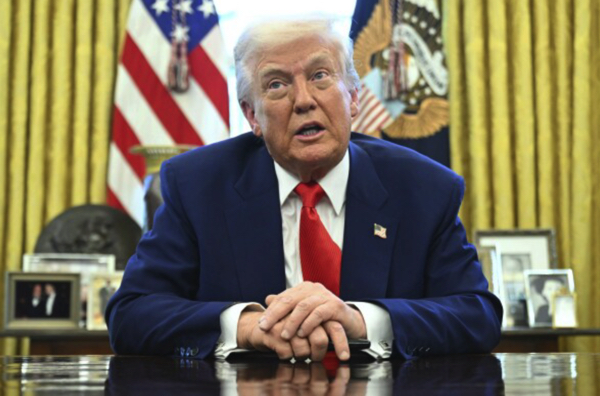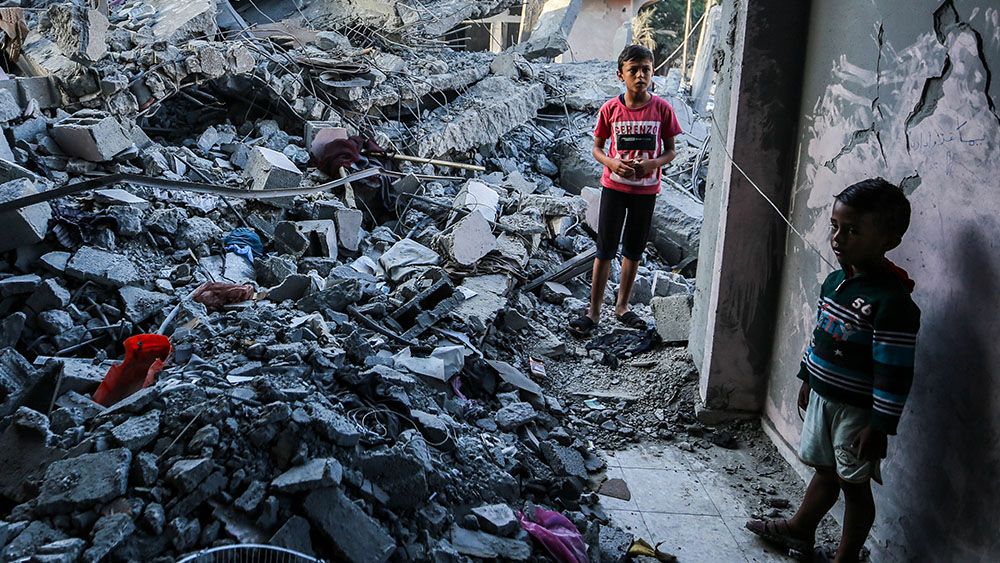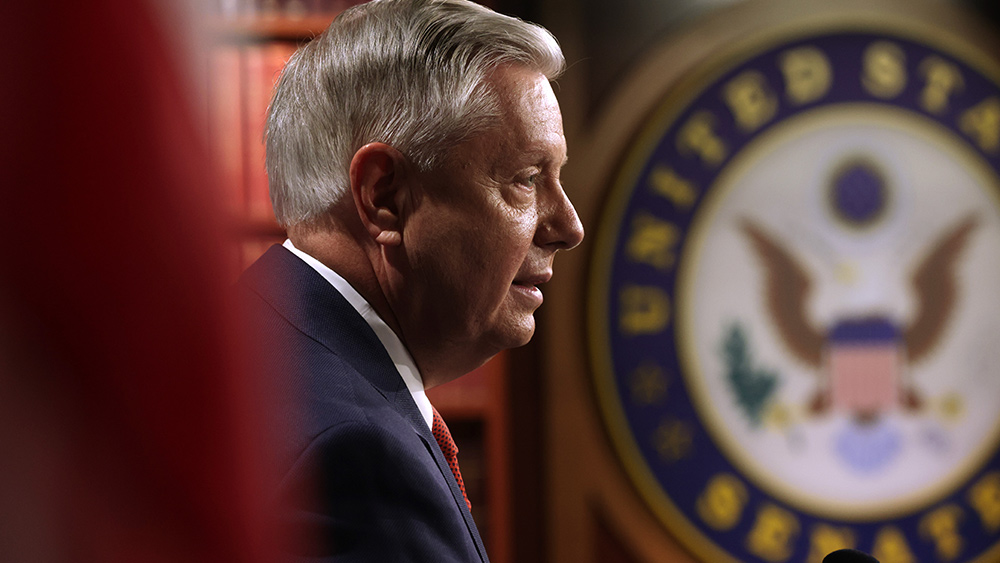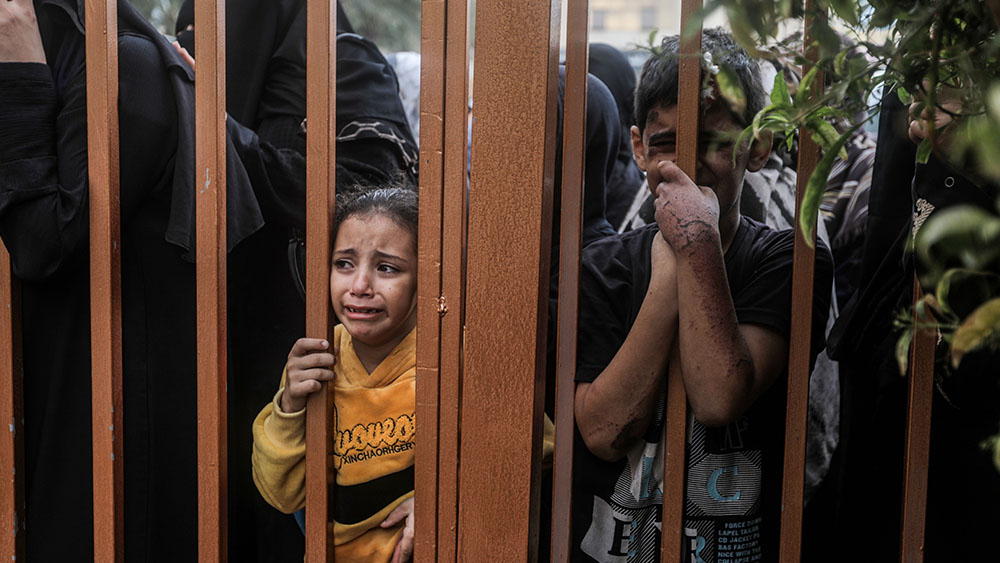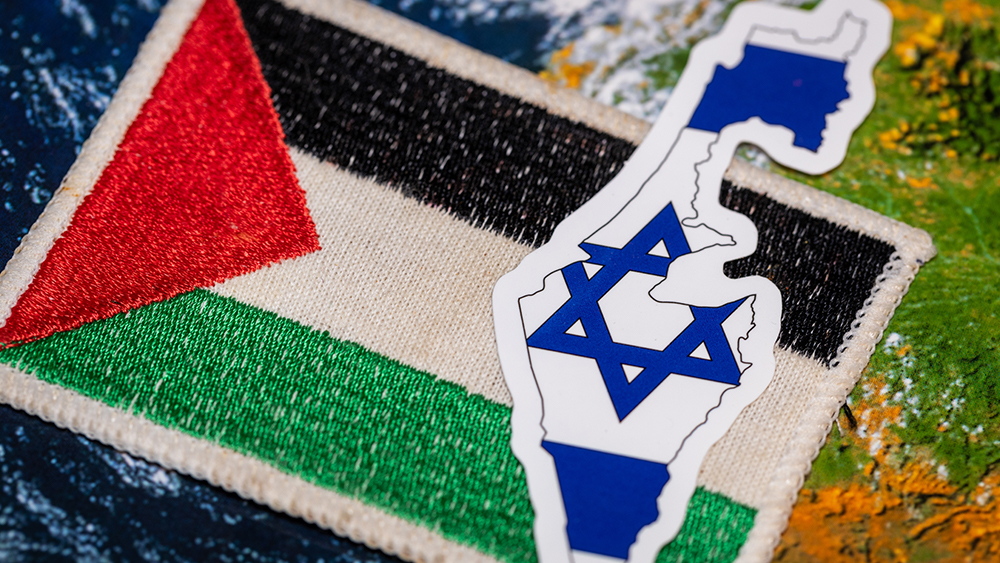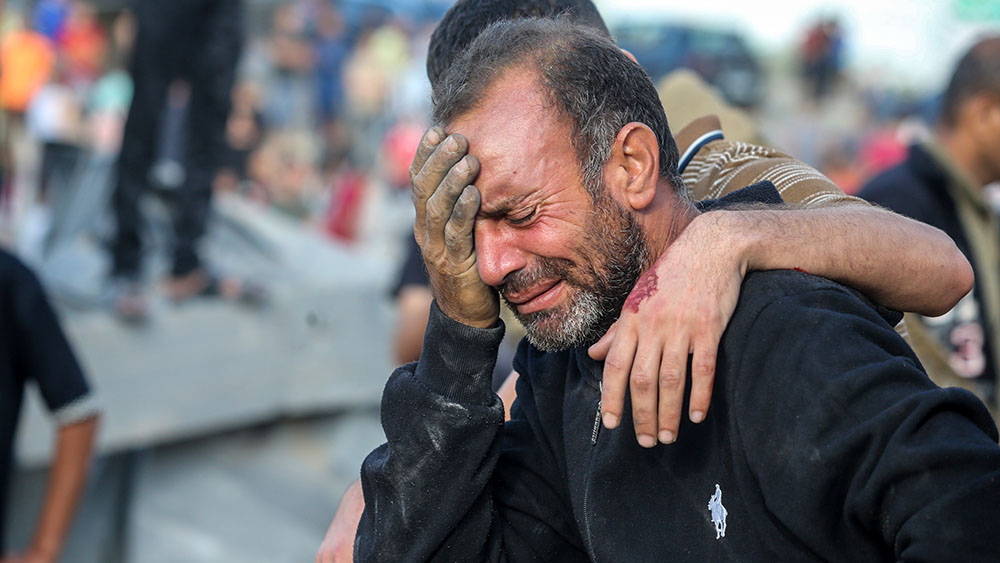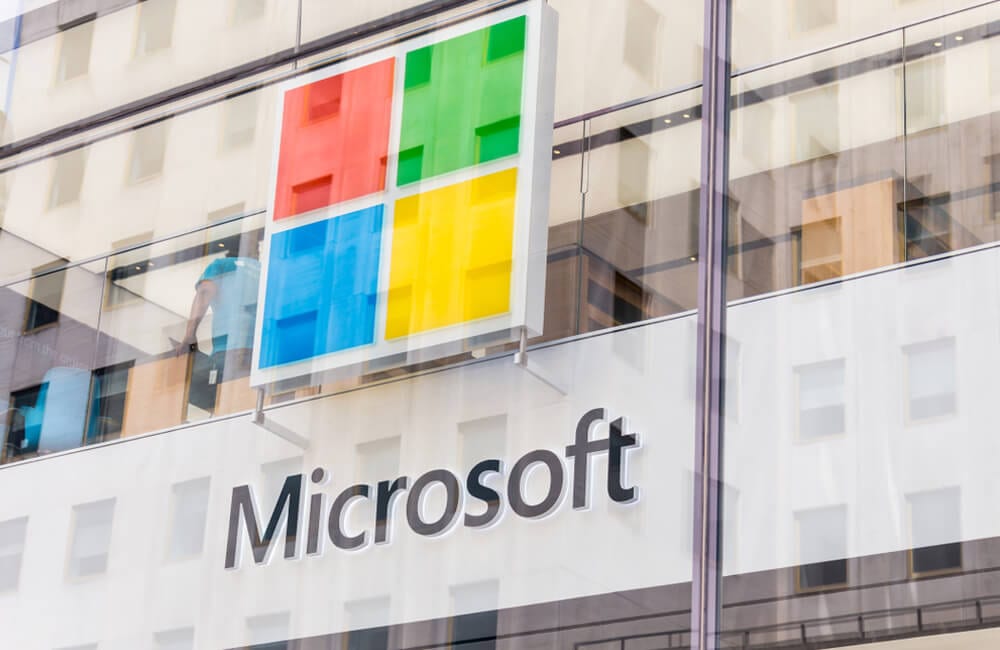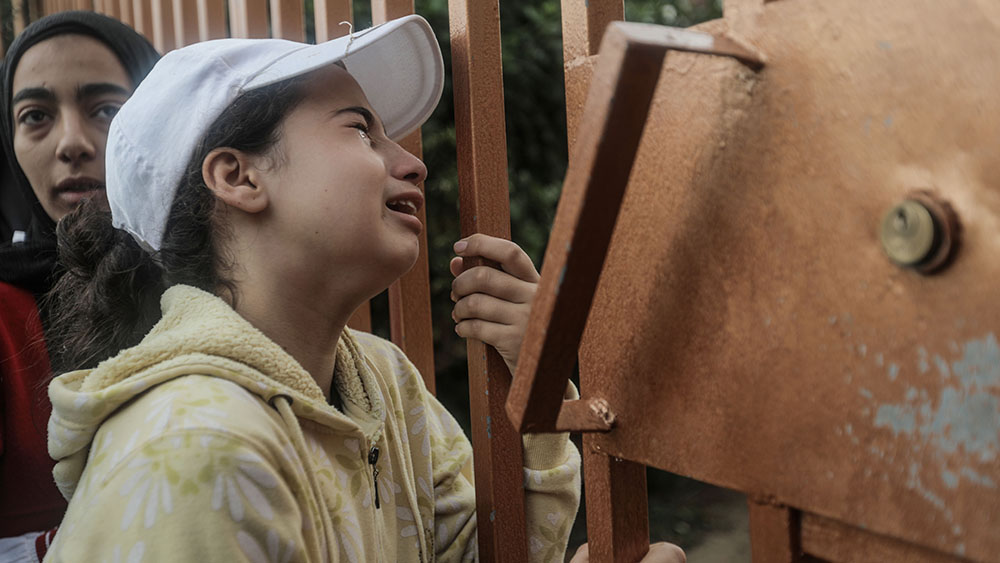Norway’s sovereign wealth fund cuts ties with Israeli companies it has invested in
08/15/2025 / By Ramon Tomey
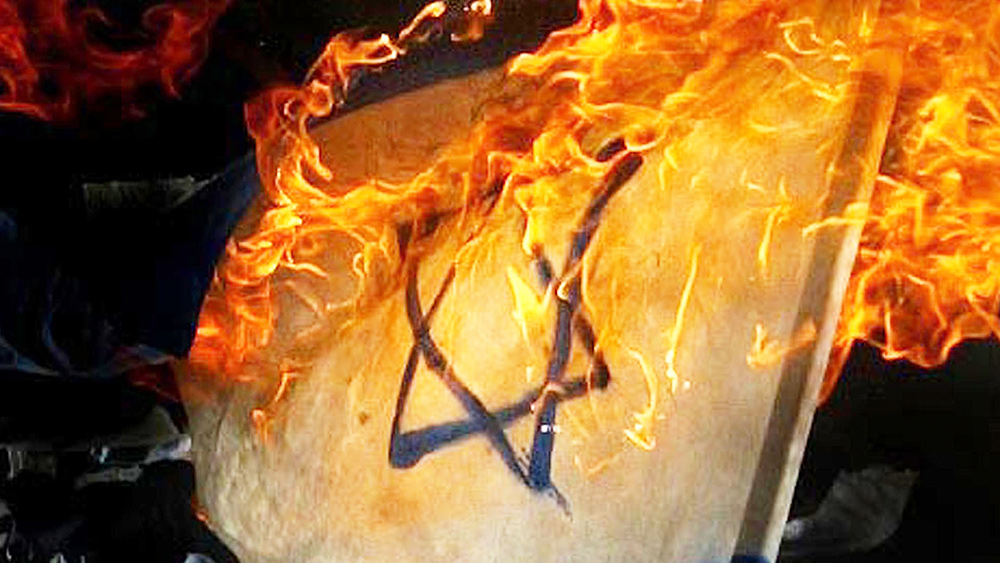
- Norway’s $2 trillion sovereign wealth fund, GPFN, severed ties with 11 unnamed Israeli companies due to concerns over the conflict in Gaza and the West Bank, citing “extraordinary circumstances” and humanitarian crisis.
- The fund will handle Israeli investments internally, canceling third-party asset manager contracts, while reviewing additional Israeli holdings for potential exclusion.
- The decision followed public outcry over investments in an Israeli jet engine manufacturer linked to Gaza airstrikes and aligns with GPFN’s history of ethical exclusions (e.g., West Bank-related risks).
- The move reflects heightened criticism of Israel’s military campaign, with other European institutions also reducing exposure amid allegations of corporate complicity in human rights violations.
- Norway’s stance signals a shift in how major investors balance financial returns with moral accountability, potentially influencing global ethical investing trends in conflict zones.
Norway’s sovereign wealth fund, the Government Pension Fund of Norway (GPFN), has severed ties with Israeli companies it has invested in over the ongoing situation in the Gaza Strip and the West Bank.
Norges Bank Investment Management (NBIM), the entity overseeing the GPFN, announced the move Monday, Aug. 11. It emphasized its divestment from 11 unnamed firms – positions outside its benchmark equity index – while reviewing additional Israeli holdings for potential exclusion.
The bank also mentioned the cancellation of contracts with external asset managers handling Israeli investments. According to NBIM, the fund – which holds stakes in nearly 1.5 percent of global listed companies – will now manage Israeli investments internally rather than through third-party managers.
The GPFN, also called the Oil Fund, is the world’s largest at $2 trillion. The move by the state-owned NBIM reflects growing scrutiny of Israel’s military campaign in Gaza. According to local health authorities in the Strip, more than 43,000 Palestinians have been killed since October 2023.
“These measures were taken in response to extraordinary circumstances,” said NBIM CEO Nicolai Tangen. “The situation in Gaza is a serious humanitarian crisis.”
The decision follows public outcry after Norwegian media revealed the fund held shares in Bet Shemesh Engines Ltd., an Israeli jet engine manufacturer servicing military aircraft used in Gaza airstrikes. Norwegian Prime Minister Jonas Gahr Store called the investment “worrying,” prompting an urgent review. (Related: How Israel’s spy-built apps silently fund genocide while infiltrating your device.)
Historically, the GPFN has faced pressure to align investments with ethical guidelines. In June, the Stortingen (Norway’s parliament) rejected a proposal to fully divest from companies operating in occupied Palestinian territories, but the country’s largest pension fund independently cut ties with Israeli-linked firms. The fund has previously exited Israeli energy and telecom companies over ethics concerns, citing risks tied to operations in the West Bank.
From oil money to moral power
The announcement arrives as international criticism of Israel’s war conduct mounts. Last month, UN Special Rapporteur Francesca Albanese accused corporations of complicity in what she described as an “economy of genocide.” Several European financial institutions have reduced exposure to Israeli firms, with Reuters documenting divestments amid activist and government pressure.
The GPFN’s move signals a shift in how major investors respond to geopolitical conflicts, particularly those involving allegations of war crimes. While the fund manages assets derived from Norway’s oil and gas revenues, its decisions increasingly reflect humanitarian considerations. As Tangen noted, the fund has “long paid particular attention to companies associated with war and conflict,” underscoring ethical investing trends in global finance.
The long-term impact remains uncertain, but Norway’s stance could influence other institutional investors weighing financial returns against moral accountability. With Gaza’s crisis unabated and global scrutiny intensifying, the fund’s divestment may mark a turning point in how sovereign wealth engages with conflict zones. For now, it delivers a stark message: Profit cannot justify participation in humanitarian devastation.
Watch Norwegian journalist Yama Wolasmal peppering Israeli government spokesman David Mercer with serious questions about Israel’s actions in Gaza.
This video is from the alltheworldsastage channel on Brighteon.com.
More related stories:
3 More countries set to recognize State of Palestine on May 28, infuriating Israel.
Sources include:
Submit a correction >>
Tagged Under:
awakening, big government, bubble, business, corporations, divestment, economic riot, finance riot, Gaza Strip, genocide, Government Pension Fund of Norway, humanitarian, Israel, Israel-Palestine war, money supply, Norges Bank Investment Management, Norway, outrage, Palestine, politics, progress, risk, sovereign wealth fund, West Bank
This article may contain statements that reflect the opinion of the author
RECENT NEWS & ARTICLES
COPYRIGHT © 2017 HUMANITARIAN NEWS

